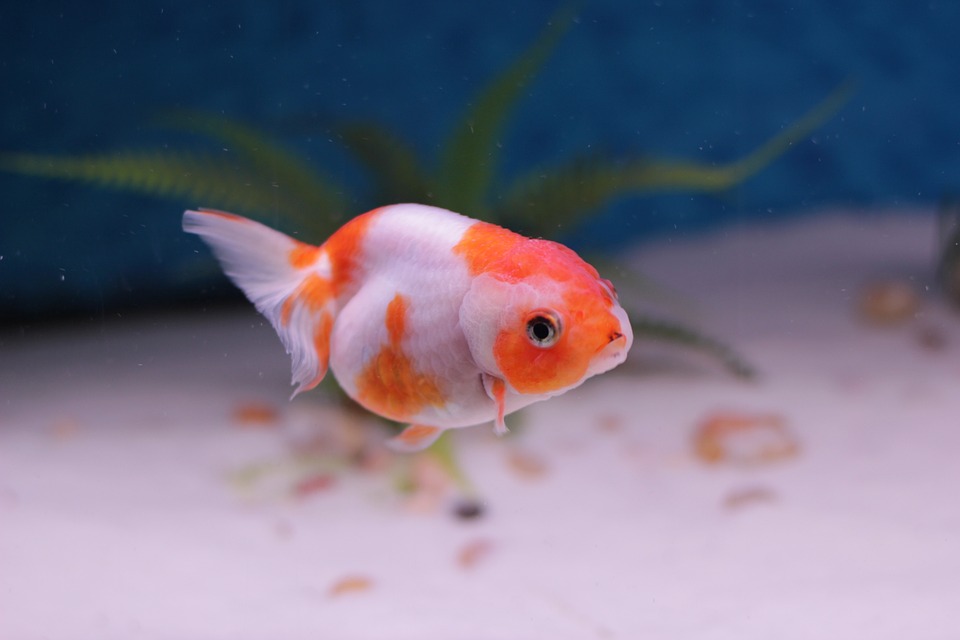Feeding aquarium fish is a crucial aspect of their care and well-being. However, many aquarium owners are unaware of how fish tank feeding practices can affect their fish’s respiratory rate and overall health. In this article, we will delve into a study conducted on the relationship between fish tank feeding and rapid breathing in aquarium fish, shedding light on important findings and offering valuable insights for fish enthusiasts.
In a recent scientific study, researchers investigated the impact of feeding habits on the respiratory rate of aquarium fish. The study aimed to determine whether specific feeding practices could trigger rapid breathing, a sign of stress, in fish. The researchers considered various factors, including feeding frequency, portion size, feeding time, and the type of food provided.
The study revealed several noteworthy findings that highlight the significant influence of feeding practices on fish health. Fish that were fed more frequently and given larger food portions exhibited a higher respiratory rate compared to those with regular feeding schedules and smaller portions. This suggests that overfeeding or excessive feeding can lead to stress and respiratory problems in aquarium fish.
The time at which fish are fed was found to have a significant impact on their respiratory rate. Fish that were fed during nighttime, when they are naturally less active, showed a higher frequency of rapid breathing compared to those fed during daytime. It is essential to consider the fish’s natural feeding patterns and adjust feeding times accordingly.
The study also revealed that certain types of food can trigger rapid breathing in fish. Foods high in carbohydrates and low in protein content were found to cause a higher respiratory rate. Providing a balanced diet that meets the nutritional needs of the fish is crucial for maintaining their respiratory health.
Understanding the implications of fish tank feeding on rapid breathing in aquarium fish can help optimize their overall health and well-being. It is vital to provide fish with the appropriate amount of food, considering their size and species. Overfeeding can lead to stress, respiratory problems, and even water quality issues. Consistency in feeding schedules helps fish maintain a healthy appetite and reduces the risk of overfeeding. Opt for high-quality fish food that offers a balanced diet, meeting the nutritional requirements of your fish species.
Rapid breathing in fish can be caused by various factors, including poor water quality, inadequate oxygen levels, high ammonia or nitrite levels, diseases, or stress from factors unrelated to feeding. It is essential to consider all potential causes and maintain optimal tank conditions to ensure fish health.
Portion sizes vary depending on the species and size of your fish. As a general rule, provide an amount of food that your fish can consume within a few minutes. If there is food left uneaten after this time, you may be overfeeding. Adjust the portion size accordingly.
In order to reduce the risk of rapid breathing in fish, it is recommended to use a high-quality filtration system to maintain excellent water quality, ensure proper aeration and oxygenation in the tank, avoid sudden changes in water temperature or environmental conditions, and minimize stressful stimuli, such as excessive noise or sudden movements near the aquarium.
In conclusion, maintaining a balanced and appropriate feeding routine is essential for the overall well-being of aquarium fish. By understanding the impact of feeding habits on fish health, you can help prevent rapid breathing and ensure a thriving aquatic environment for your beloved underwater companions.









